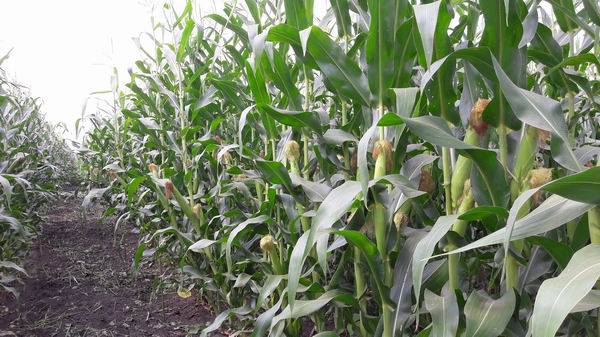Maize Breeding Program of the Gabonakutató Nonprofit Kft within the framework of Pannon Breeding GINOP Program

Goal of Maize Breeding
The target of the Gabonakutató Nonprofit Közhasznú Kft in the Program is to breed resistent plants on areas with poor soil quality (low organic matter composition, cohesive soil, poor ionic structure). The main goal of the Maize Breeder department is to develop maize hybrids that can be grown successfully on poorer soil with excellent drought tolerance. To achieve this goal in cooperation with the other members of the Consortium they carry out field and greenhouse trials with the newly developed hybrids. Maize breeding program of the Gabonakutató provides valuable genetic base for this program, but for the success it is indispensable to establish efficient experimental background for the plant selection. In the framework of the Pannon Breeding Program, field trials were set up in different parts of Hungary, furthermore, greenhouse trial system based on phenotypisation was established where the stress tolerance and adaptability of plants have been examined. Maize ( Zea mays L.) is a plant of tropical origin, with heat- and moisture-demand, but with proper selection and breeding, hybrids can be developed that are capable of adapting to unfavorable conditions. Plants are basically capable of coping with unfavorable conditions applying two strategies: one is the “bypass strategy”, during which they accelerate their life cycle and are able to produce yield before unfavorable conditions develop. Another strategy is adaptation, where the plant is able to produce crop even under bad conditions. In the forthcoming articles I would like to present in details both field and greenhouse experiments with their preliminary results.